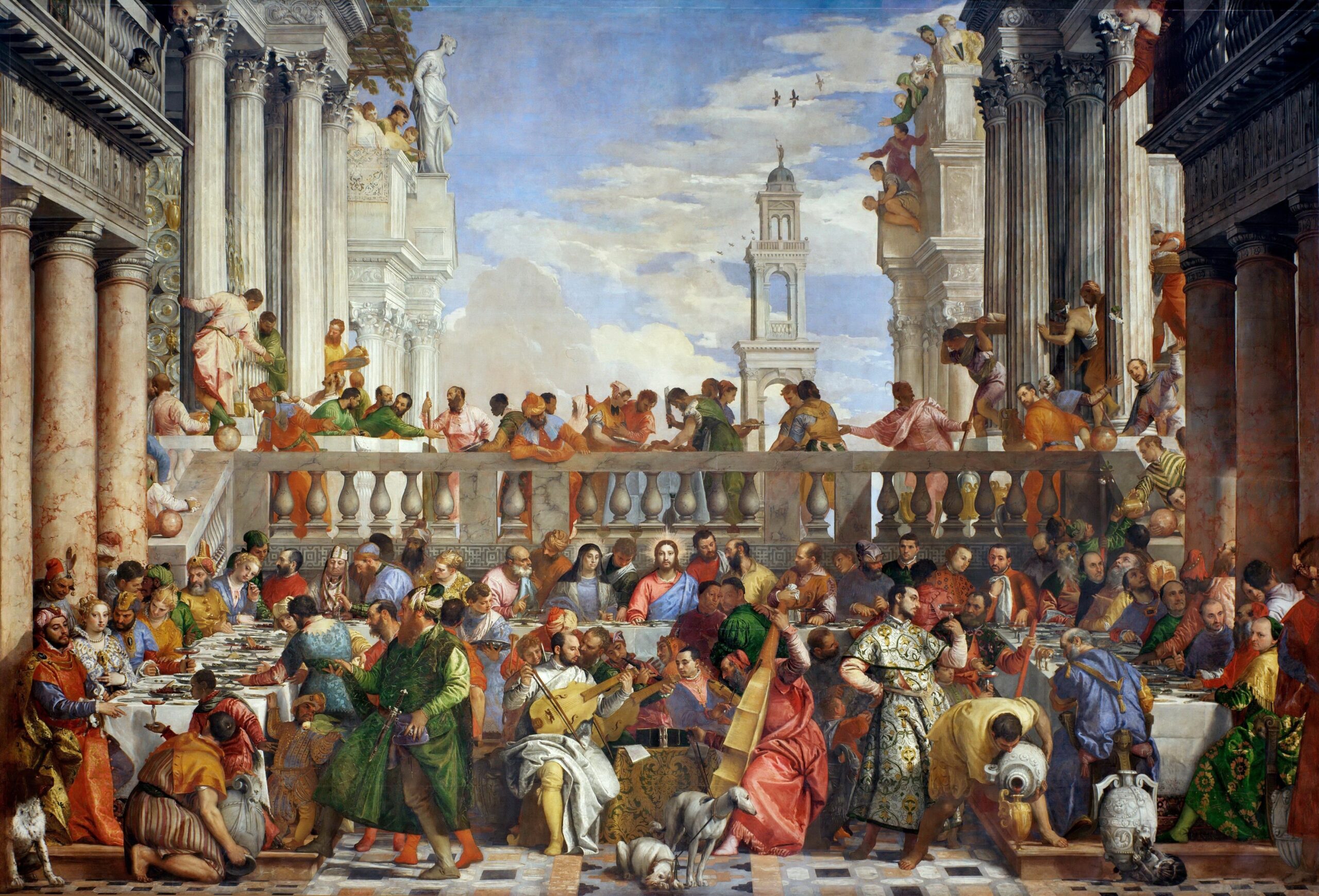This essay first appeared in our weekly Scripture reflection newsletter on August 30, 2025.
Sir 3:17-18, 20, 28-29; Heb 12:18-19, 22-24a; Lk 14:1, 7-14
You can find the readings for the 22nd Sunday of Ordinary Time here.
Unexpected uses of familiar biblical passages always amuse me (as long as they’re not done mockingly). My favorite example came during my philosophy studies at Loyola University Chicago. A few Jesuits were sitting around the dinner table when someone told the story of another Jesuit who discovered that the permissions that a former superior had been giving him (to use the car when he wanted, to take trips where he wanted, etc.) were suddenly cut off with the appointment of a new superior.
Our house superior, a jovial man named Bill Hogan, S.J., was always ready with a quip. He quoted a line from the Book of Exodus: “And there arose in Egypt a pharaoh who knew not Joseph!” (Ex 1:8).
Another puckishly used quote comes when you are the last person in the community to find out some news. I heard this first during my theology studies, when I expressed my surprise over some tidbit of gossip. In response, my Jesuit brother quoted a line from the story of the Road to Emmaus: “Are you the only one in Jerusalem who does not know the things that have happened?” (Lk 24:18).
Jesus could not be any clearer. But do we follow his commands?
Today’s Gospel has a line that is often repeated by Jesuits “at table” when making room for someone: “Come up higher!” It’s what Jesus says in this parable about a feast, echoing his comment in last Sunday’s Gospel that “some are last who will be first, and some are first who will be last.” This upending of expectations is sometimes called by theologians the “divine (or great) reversal.”
That’s the theme of today’s parable, where a man who is seated at the best place at a meal is asked to go down lower and someone who didn’t expect a good seat is brought up higher. As the Biblical scholar Luke Timothy Johnson notes, it is not only practical wisdom that Jesus offers; nor is it simply a warning to those who seek high places; it is also a general admonition against “the frame of mind that seeks exaltation in any way.” That is, Jesus asks us to let go of the whole attitude that assesses “who is up and who is down.”
Moreover, says Jesus, we need to privilege those who will not be able to “pay us back,” again echoing last Sunday’s Gospel about the “first” and the “last.” And who are those who cannot pay us back? The poor, the blind and the outcast. To hammer this point home, immediately after this passage, Jesus will offer the Parable of the Banquet, in which a man invites to a banquet one group of guests who refuse to come, and then invites “the poor and the crippled, the blind and the lame.”
Jesus could not be any clearer. But do we follow his commands?
Who are seen as “outcasts” today?
How often have you been at a social gathering and gravitated towards the most popular, powerful or supposedly “important” person in the room? It’s natural; maybe this person has become popular because of some talent or notable accomplishment. So perhaps the “popular” person seems more interesting. But often we gravitate towards that person because of our own desire to be seen as popular, powerful or important as well. That is, we hope for a kind of “rubbing off” of the person’s importance.
It’s natural, but it’s not what Jesus asks of us. When I was in high school, one of my friends regularly spent time with fellow students who were seen as “uncool.” This impressed me deeply. It was like he had some sort of superpower: He didn’t care if others saw him as uncool. It was more important for him to treat others with dignity and kindness.
Who are seen as “outcasts” today? That depends on what social milieu you are in, but you might say transgender people, migrants and refugees, the poor, homeless men and women, sometimes the elderly. Most of us aren’t so callous as to shut them out (though some people do this publicly, and even gleefully), but are there times when we could be more welcoming? It’s important to say without irony what we all want to hear ourselves: “Friend, come up higher.”




